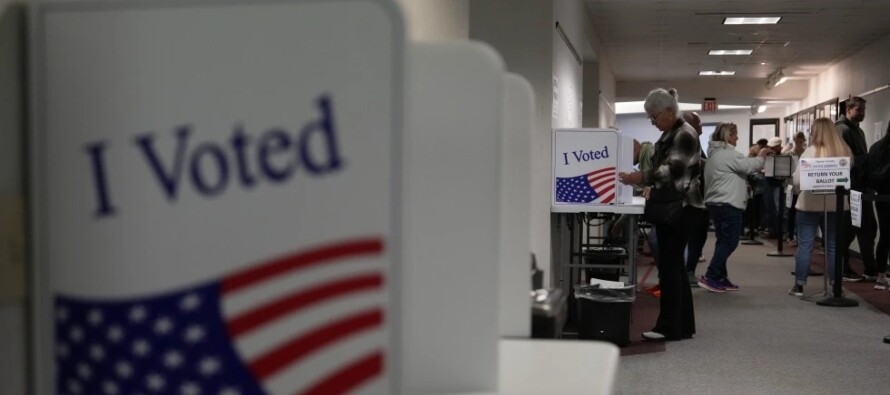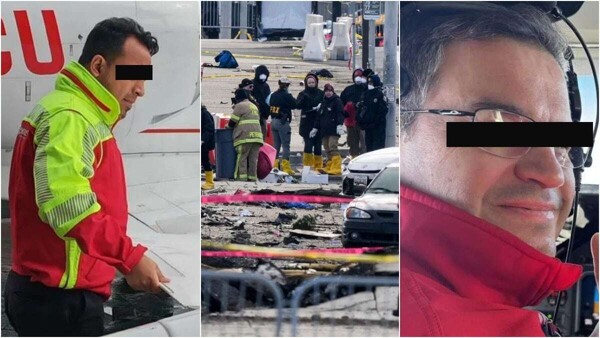
Accusations of coordinated election fraud or large amounts of non-citizen votes lack solid evidence, according to a detailed analysis of the facts.
Among the arguments put forth by Republicans during the electoral campaign, the idea of migrants voting illegally in the United States has gained relevance. However, in Pennsylvania, for example, laws prohibit non-citizens from voting in state and federal elections. Despite this, false claims about an alleged illegal registration of migrants to vote in this state have circulated on social media.
The voter registration process has become more rigorous since 2017, when a flaw that allowed non-citizen migrants to register to vote when obtaining a driver's license was corrected. Although about 544 illegal votes cast by non-citizens have been reported over an 18-year period, out of a total of 93 million votes, election officials state that the current system is much cleaner.
Regarding deceased voters, in Pennsylvania, as in other states, votes from individuals who died before election day are not counted. They clarify that the process of counting votes cast by mail is slow due to the waiting period required by law to begin the counting, which does not imply irregularities.
Election officials in Pennsylvania regularly update their voter lists to remove those who have passed away. Although there have been isolated cases of people voting illegally on behalf of deceased voters, these are exceptional situations, and authorities have mechanisms in place to prevent such incidents.
In conclusion, despite the conspiracy theories and misinformation that usually emerge before elections in the United States, there is no compelling evidence to support allegations of widespread election fraud. Election laws in several states, including Pennsylvania, are designed to ensure the integrity and transparency of the electoral process, although some myths persist around the speed of counting votes cast by mail.














